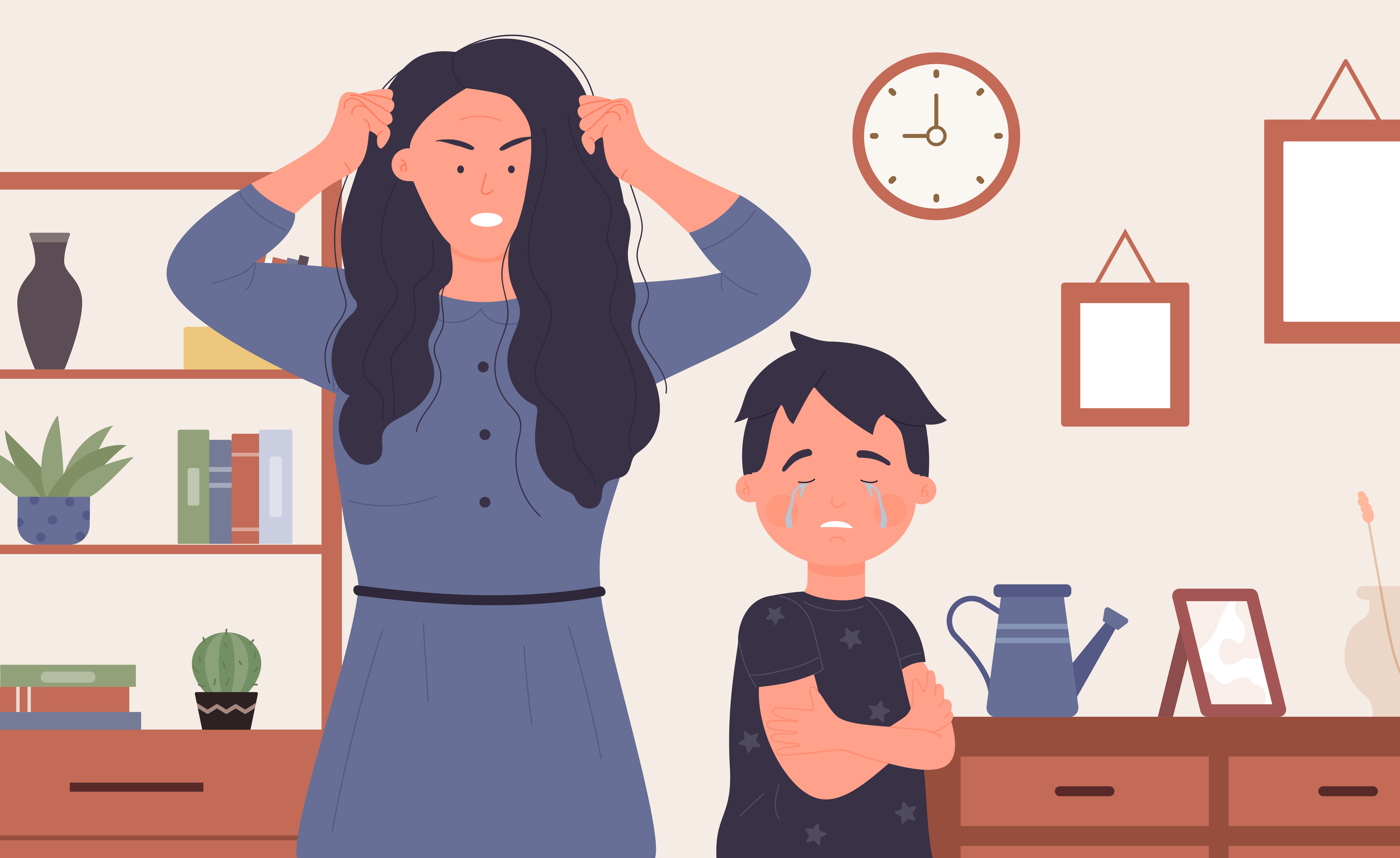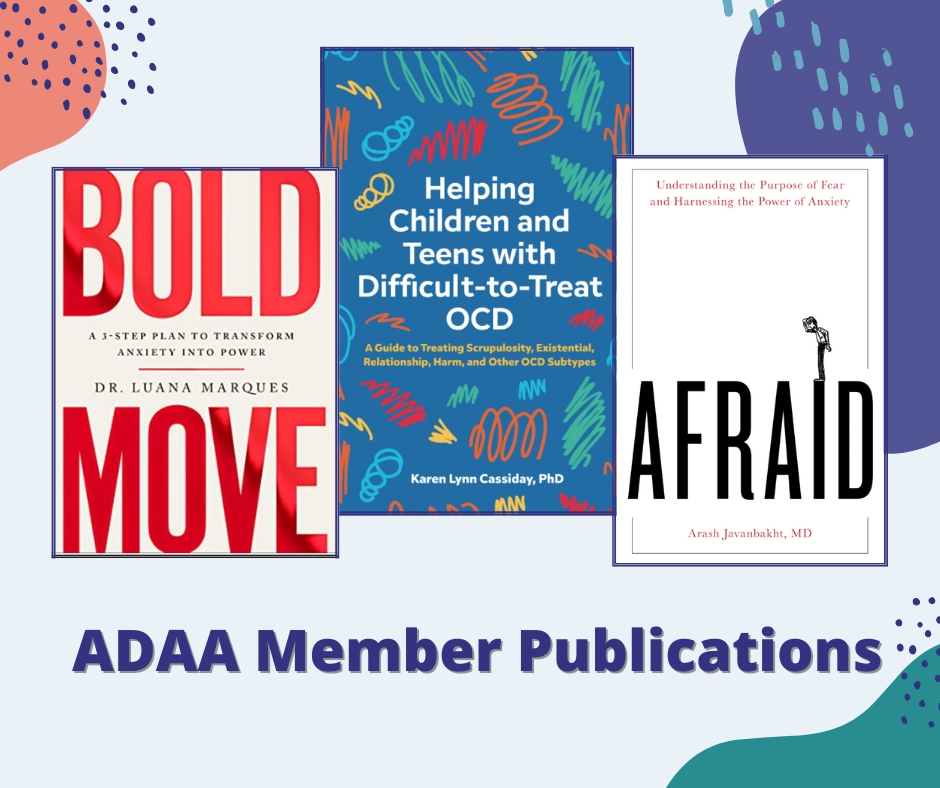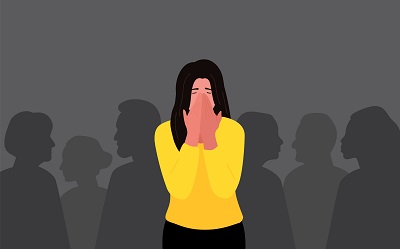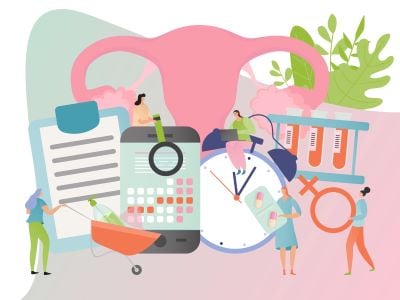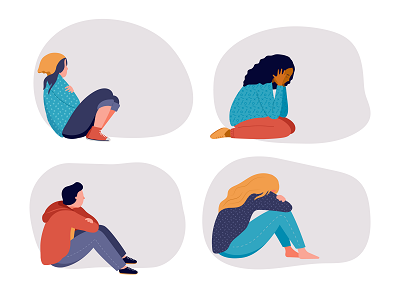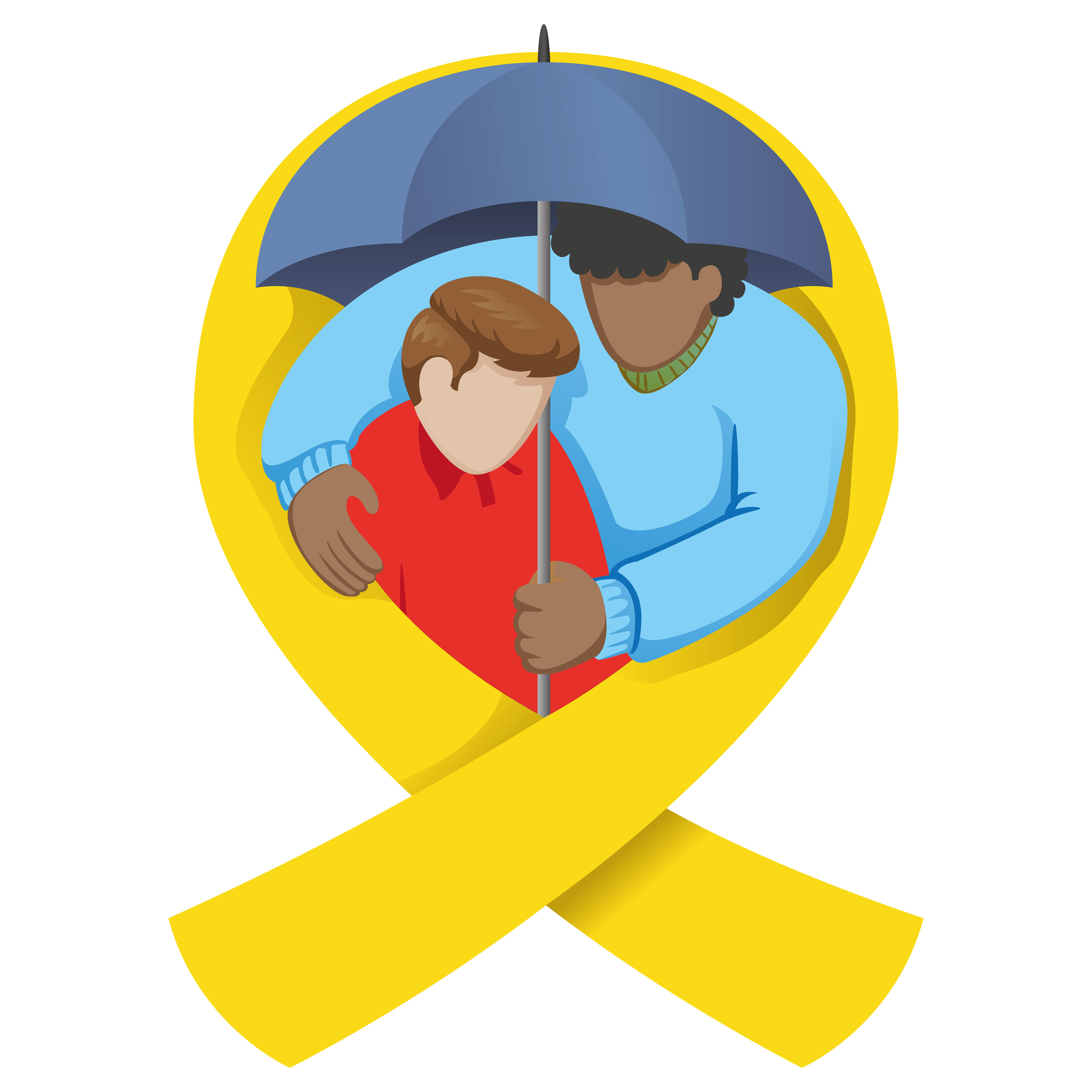
October 24, 2023
Craig Bryan, PsyD, ABPP
and
Over the past two decades, the U.S. suicide rate has steadily increased. Why do suicide rates continue to rise despite our best efforts?

September 28, 2023
Stephanie Woodrow, LCPC, NCC
and
Amanda Petrik-Gardner, LCPC, LPC, LIMHP
and
Theresa Chiu, MSSW, LICSW
and
This webinar provides an overview of I-CBT, a treatment option to clients with Obsessive Compulsive Disorder.

